Veganism is on the increase, but it is important to ensure you get the necessary nutrients from a vegan diet.
Thinking of making the switch? Editor Jane Garton looks at ways to go about it.
It’s Veganuary again, where we are encouraged to try a plant based diet for the month. With increased interest in veganism, Veganuary has been a growing trend since starting in 2014, with over 629,000 people signing up worldwide in 2022 – a number expected to be topped this year.
A simple search for #vegan on Instagram turns up millions of posts. But veganism is not just about hashtags and social media likes; many people are turning to veganism because of concerns about animal welfare, the planet, and their health.
The benefits of going vegan
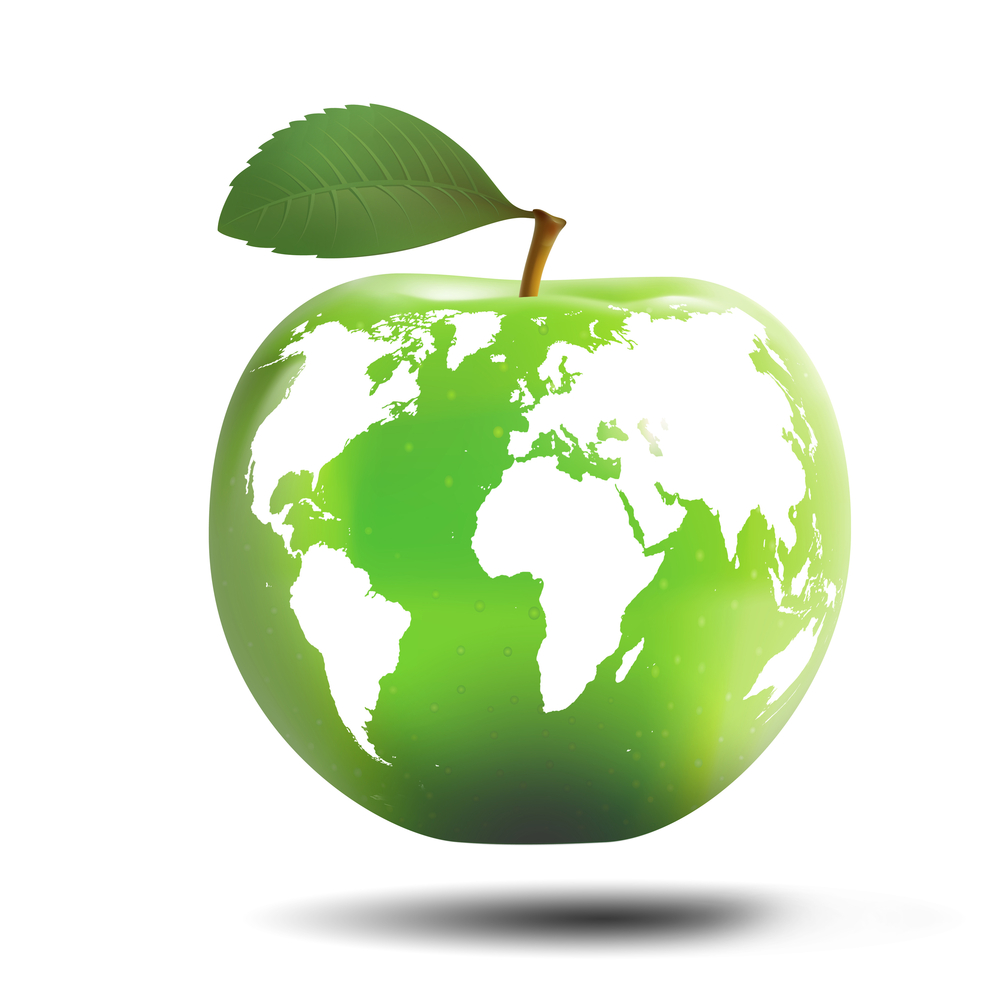
Studies show that going vegan could reduce food-linked carbon emissions by 70% by 2050, as well as prevent the loss of more than 8 million lives. We already know that reduced red meat consumption, alongside increased plant-based food consumption, leads to fewer diseases linked to obesity such as type 2 diabetes, heart disease and several cancers.
What might you be missing?
A well-planned vegan diet can be healthy but it’s important to ensure you get the recommended amounts of iron, vitamin B12, calcium, zinc, iodine, and omega 3s as these are often found in lower concentrations in a vegan diet.
Discover what to watch out for as well as some helpful tips on how to have a well-balanced vegan diet:
F is for fortified
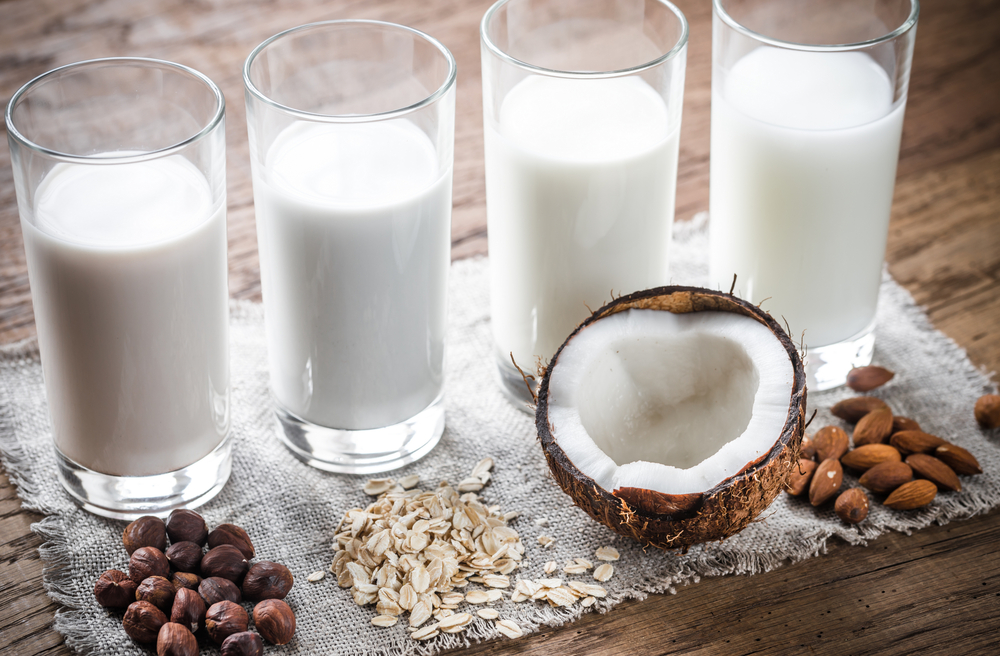
Fortified plant-based drinks (dairy alternatives) can help ensure you get your quota of vitamin D, calcium, and vitamin B12. Always check the label – not all dairy alternatives are fortified.
Eat the rainbow
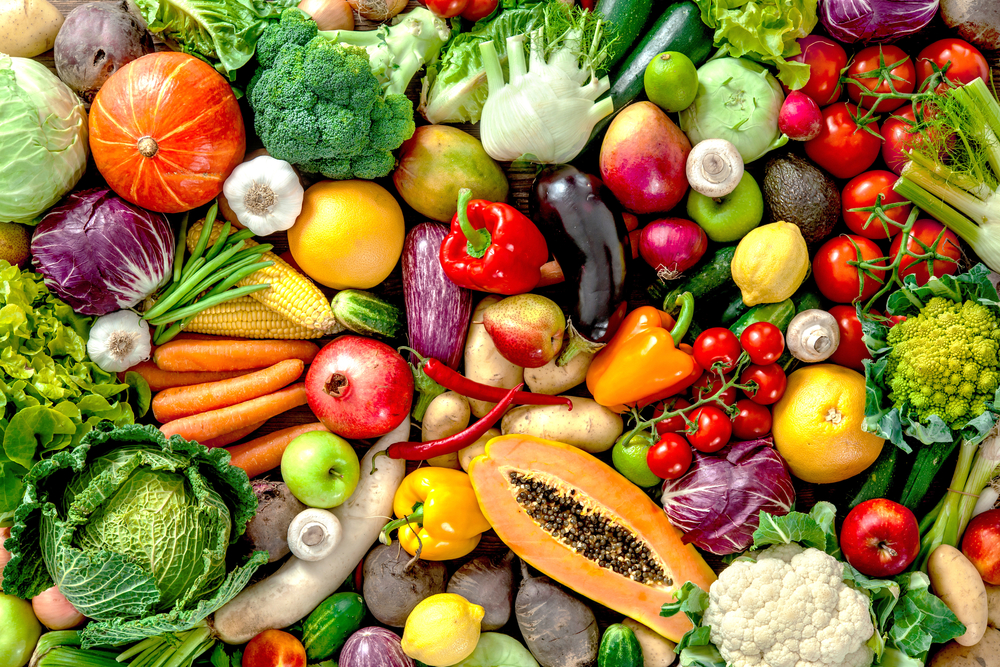
Eating a wide range of colourful fruits and vegetables will ensure you are getting a good number of essential vitamins and minerals.
The importance of protein
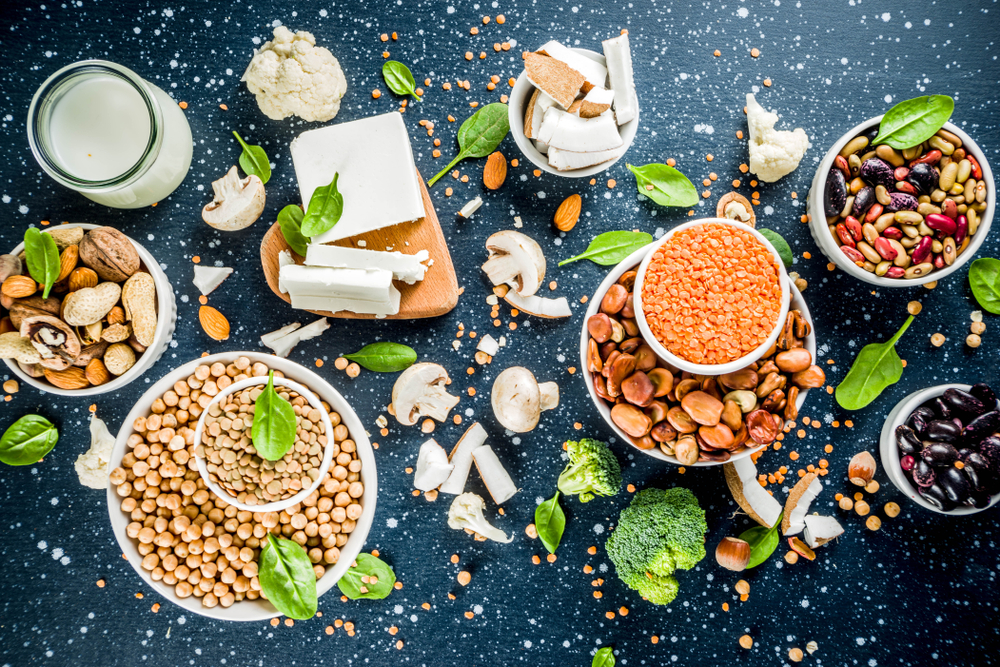
Meat substitutes – think tofu, tempeh, textured vegetable protein (TVP), and seitan (processed wheat gluten) – are good sources of protein. Quinoa, pulses, and lentils are also great options. Try to include a protein source in every meal.
Pulse away
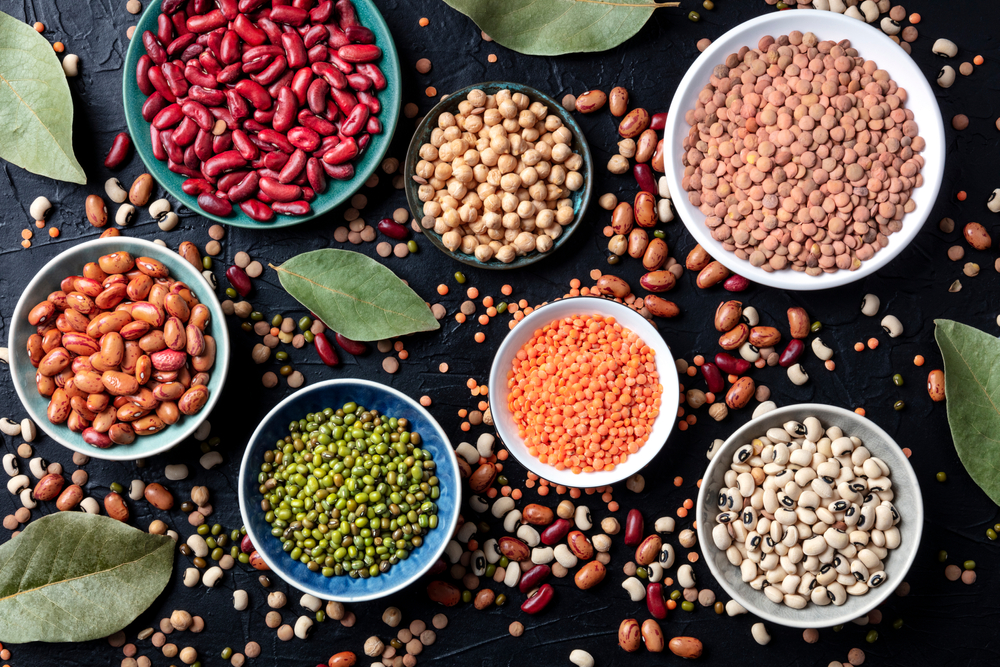
Even if they are not your main source of protein, put plenty of beans, pulses, and lentils on the menu. High in fibre, low in fat and a source of iron, they also count as one of your five a day
Go nuts for nuts and seeds
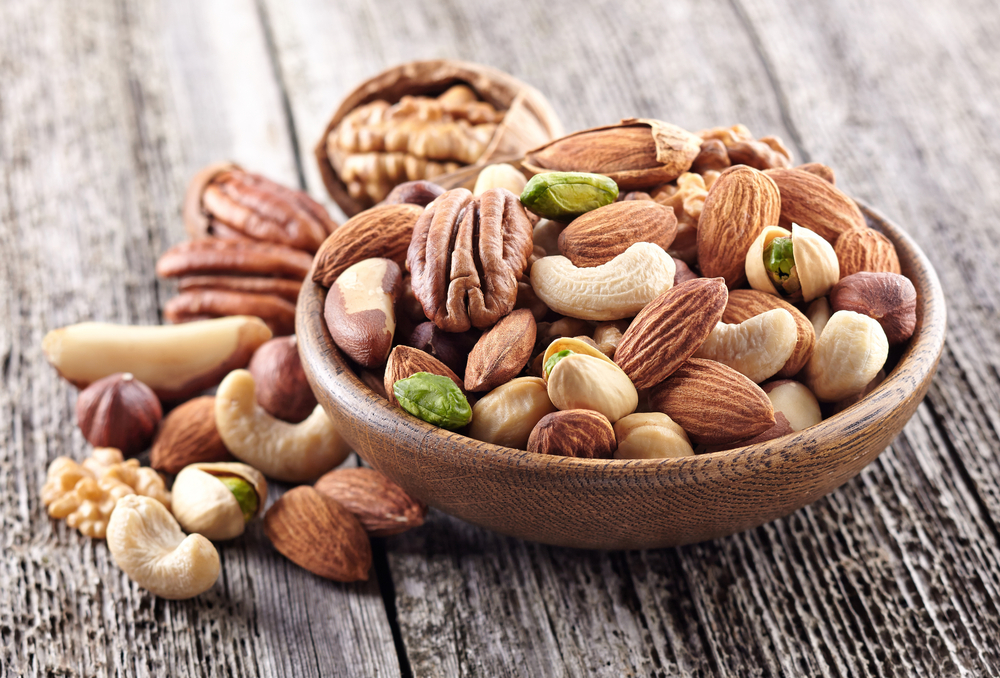
Sprinkle nuts and seeds over porridge, breakfast cereals and savoury dishes such as salads and quinoa to boost heart and brain friendly omega-3s. Flaxseed – also called linseed – is another great source of those essential omega 3s.
Find a reliable iodine source
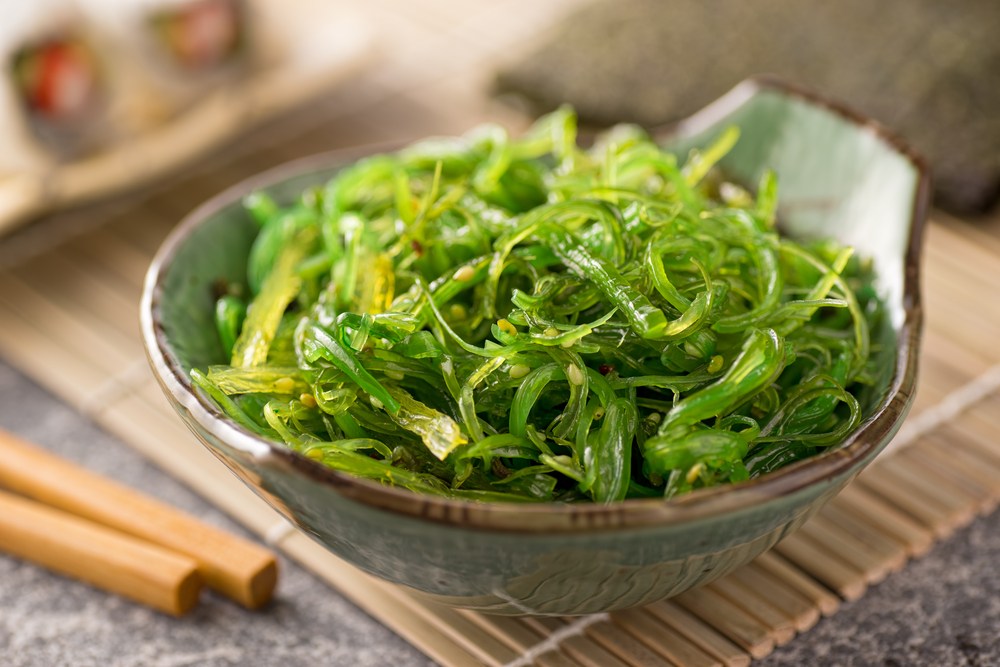
Some fortified dairy alternatives as well as seaweed can help you reach your iodine quota.
B12 aware
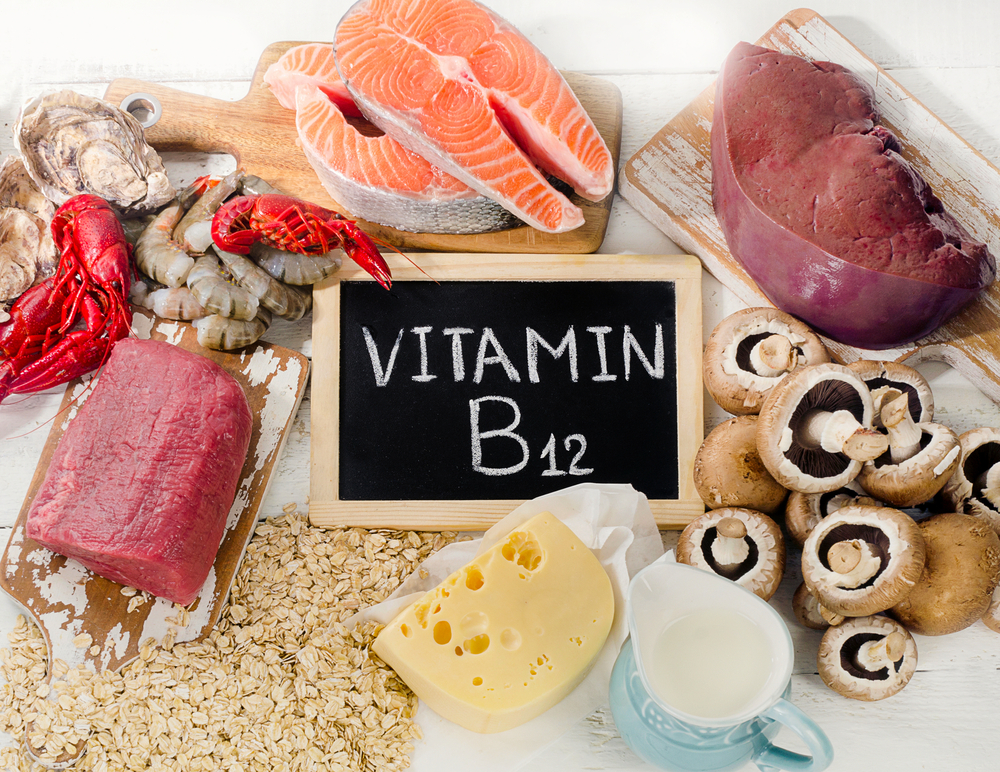
Important for a healthy immune system and good blood health, vitamin B12 is one to look out for. Low levels can lead to fatigue and other problems. Vitamin B12 is primarily found in animal produce so go for yeast extract, vegan friendly fortified breakfast cereals and, again, those all-important fortified dairy alternatives to make sure you are getting enough. Supplementing may also be a good idea.
Bone up on calcium & vitamin D
Calcium is needed for strong bones, muscles, and teeth. Dairy alternatives, sesame seeds, pulses, bread, and dried figs are all options.
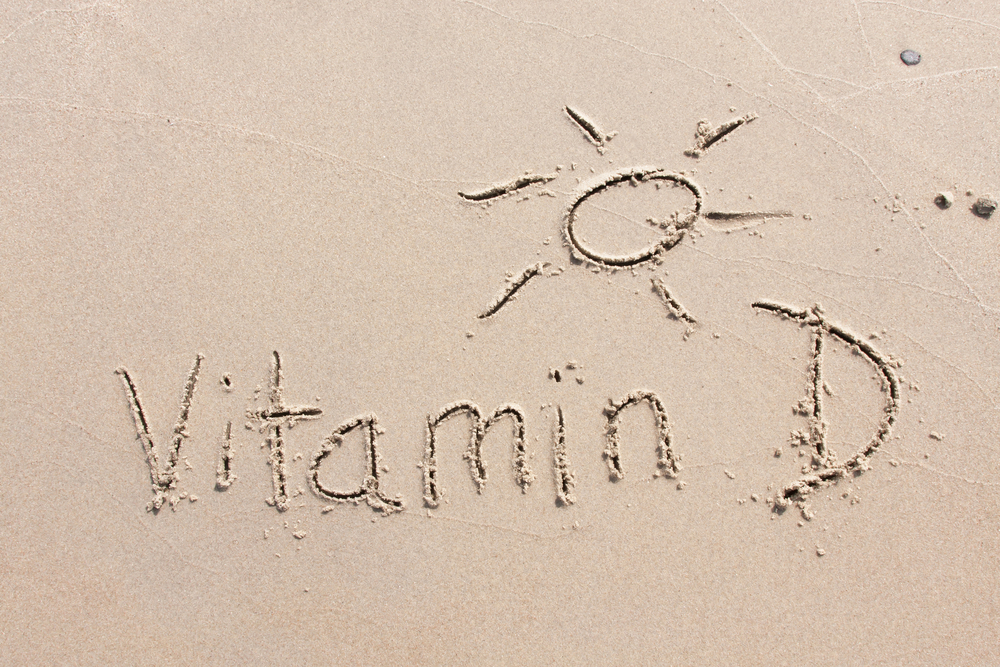
Vitamin D, as well as being essential for immunity, helps our bodies absorb calcium. Find it in fortified spreads, fortified breakfast cereals and fortified dairy alternatives. However, do consider a vitamin D supplement of a minimum of 10ug per day especially in autumn and winter but ideally year-round.
Increase your iron
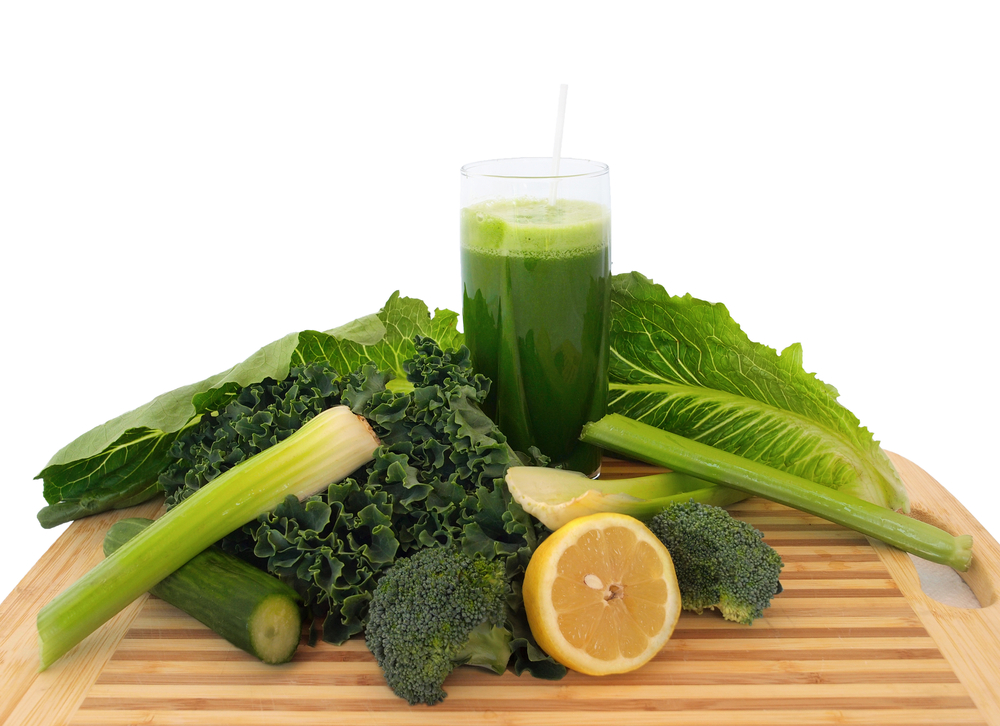
Chickpeas, lentils, beans, tofu, cashew nuts, pumpkin seeds, dried apricots, dried figs, raisins, quinoa, leafy greens and fortified breakfast cereals are all good sources of iron. Combine with a source of vitamin C, found in fresh fruit and veg, for optimum iron absorption.
Z is for zinc
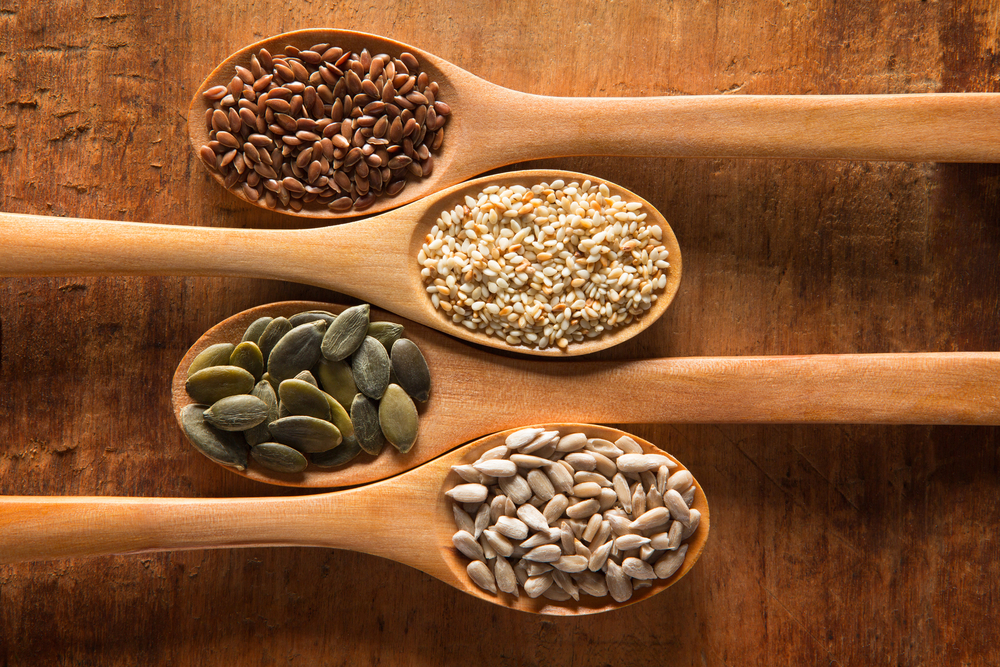
Find zinc, needed for healthy cognition and immunity in soya products like tofu, cashew and pecan nuts, pumpkin seeds, and wholemeal bread.
Pregnant, planning a pregnancy or other diet or health-related issues?
Always consult a healthcare professional before changing your diet vegan one to ensure you and your baby are getting everything
For more information visit the Veganuary website.

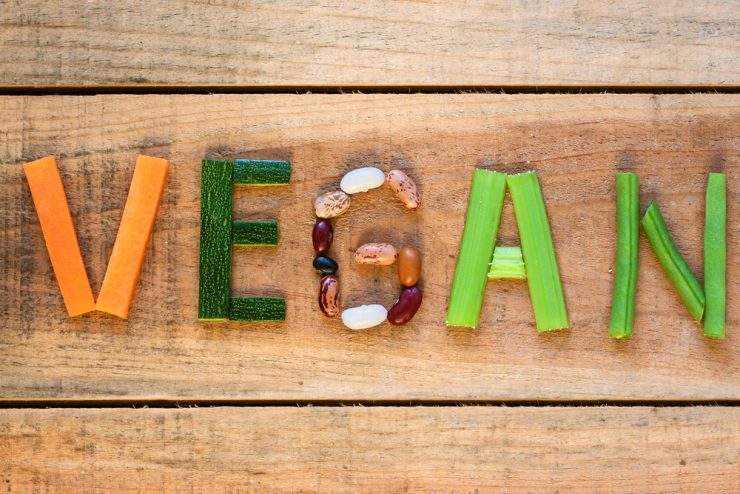





















Add comment